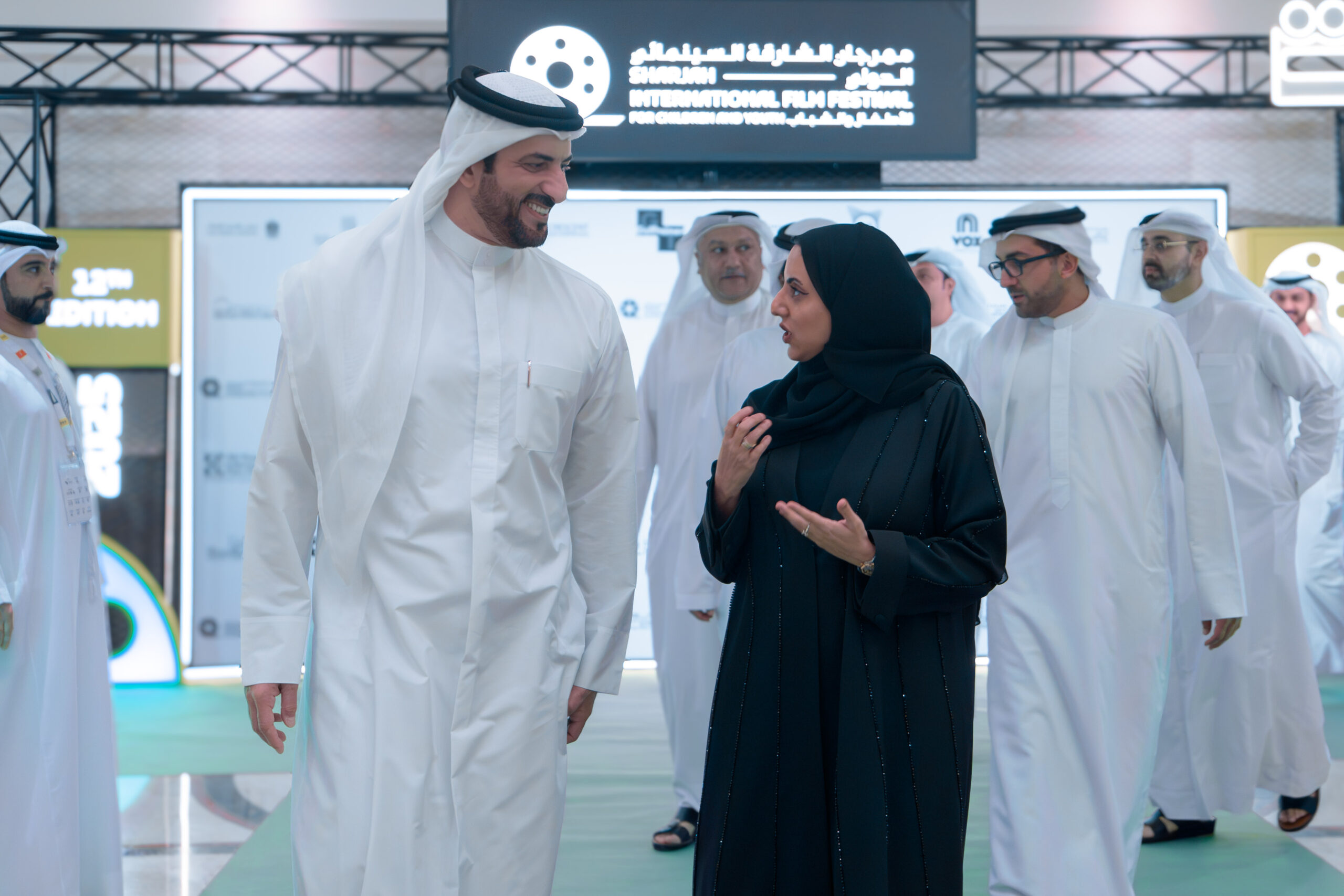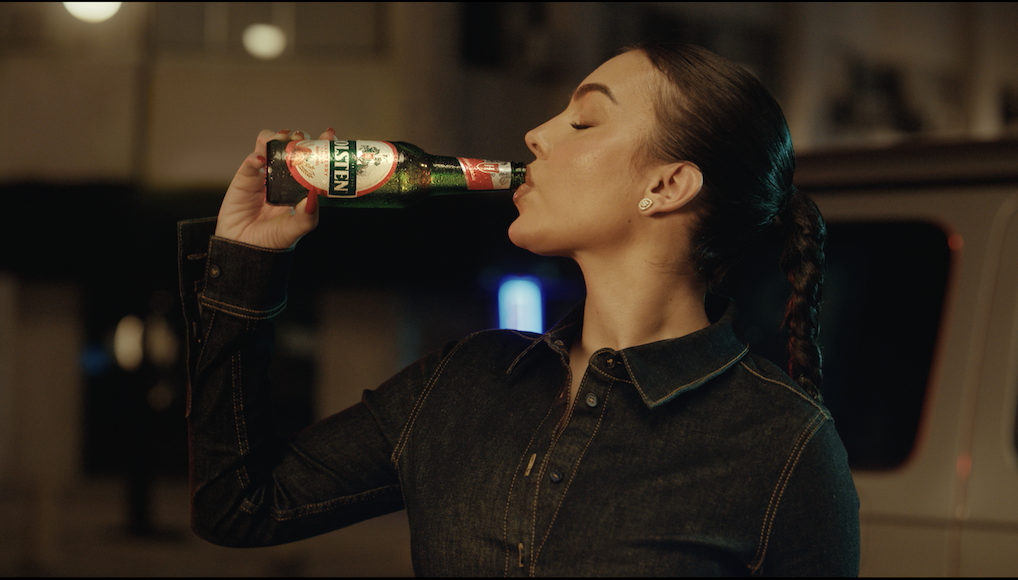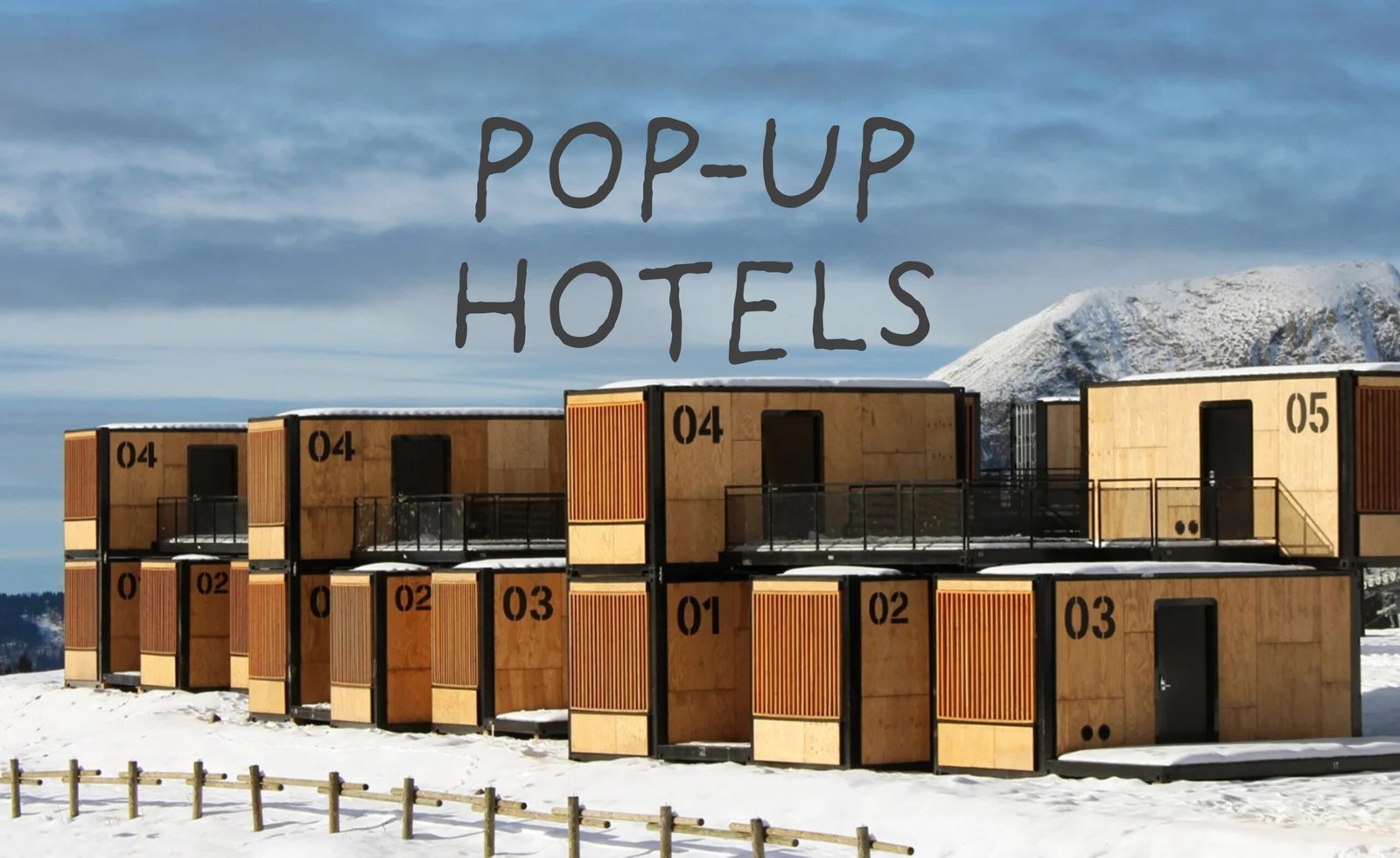What Psychology Teaches Us
“Hope is the thing with feathers
That perches in the soul,
And sings the tune without the words,
And never stops at all”
– Emily Dickinson
In psychology, hope is defined as a cognitive process that involves active thinking and goal-setting, rather than an emotion, which is an immediate, visceral reaction that humans experience in response to events or situations. The hope theory developed by American psychologist Charles Snyder in 2000 describes hope as consisting of three components: goals, pathways, and agency, which is the capacity of individuals to act independently, make choices, and exert control over their actions and decisions. Therefore, hope is different from optimism in that it requires a person’s motivation to pursue certain goals.
Hope also has immense psychological benefits and is one of the foundational elements of resilience. Research by Snyder and his colleagues shows that hopeful individuals report fewer physical symptoms and better overall health perceptions.
Cultivating Hope in Daily Life
Hope as a cognitive process
According to Synder, hope is not just a wish, but the belief that we can achieve goals through planning and effort. Albert Camus speaks of this type of hope as well, calling it finite hope, or the earthly hope that exists within the confines of our reality, allowing us to accept and live with the absurd without attempting to escape it. This kind of hope is closely aligned with Synder’s theory, which posits that action is an essential part of being hopeful.
To achieve goals through action, it is essential to accept setbacks and challenges without losing willpower and to generate alternative pathways to desired outcomes. Research by Snyder indicates that this type of thinking enhances resilience.
Hope is easier imagined than cultivated, and this is especially true during turbulent times. An alternative way to cultivate hope is through cognitive reframing, a psychological technique that involves changing the way we perceive and interpret a situation. The key components of cognitive reframing are identifying negative thoughts, challenging and evaluating these thoughts, generating alternative perspectives, and lastly, adopting a new perspective.
Faith and Spirituality
In 2004, psychologist Martin E. P. Seligman discussed hope as a vital component of well-being, linking it to broader themes of meaning and spirituality. Further research has shown that religion and spirituality are associated with valuable resources that contribute to overall well-being, including behavioral regulation skills (Wilt et al., 2017).
Some behavioral skills that contribute to well-being include mindfulness and gratitude. Mindfulness has been linked with lower stress and higher overall well-being. Research on gratitude has yielded similar results. For instance, Emmons and McCullough found that gratitude is strongly correlated with hope and well-being. Try finding just three things to be grateful for every morning, and you’re bound to witness a change.
Building supportive relationships
Psychology stresses few things as much as having a solid support system. Strong relationships provide emotional support, which helps you cope with stress and adversity. Studies show that emotional support is linked to lower levels of anxiety and depression (Cohen & Wills, 1985), increased resilience (Taylor et al., 2002), and improved mental health (Kawachi & Berkman, 2001).
Relationships are also especially important for fostering hope. Research indicates that having supportive relationships can enhance resilience and foster a hopeful outlook. According to Robert Putnam (2000), social ties are sources of hope that are essential to weathering life’s challenges. Therefore, make sure you have a solid system of supportive people around you, especially during uncertain or difficult times.
Finding meaning in suffering: Viktor Frankl’s perspective
Finally, if all else fails, it is always wise to acknowledge that suffering is a part of life. “We must free ourselves of the hope that the sea will ever rest. We must learn to sail in high winds,” says Aristotle. Thus, if you are finding it hard to foster hope among the chaos, you’re not alone.
In his book Man’s Search for Meaning, Austrian psychiatrist and Holocaust survivor Viktor Frankl (1992) shares his experiences in Nazi concentration camps and develops his theories on finding meaning, particularly in suffering. “When we are no longer able to change a situation, we are challenged to change ourselves,” Frankl famously stated. This reflects his idea that while we may not control our circumstances, we have the ability to control our response to them. Meaning can come from a multitude of sources, including work and relationships, both of which give you a sense of purpose.
Hope: an inner driving force
To conclude, hope is often defined as an inner driving force towards a better life and world, a definition given by philosophers and positive psychologists alike (Krafft et al., 2018).
Since psychology so deeply emphasizes the role of action in fostering hope, the best way to remain hopeful during turbulent times is to work towards what you are hoping for. No matter how small our role, each of us has the power to shape the kind of future we want to see.
In the simplest terms, Ray Bradbury writes, “action is hope. There is no hope without action.”
References:
Cohen, S., & Wills, T. A. (1985). Stress, social support, and the buffering hypothesis. Psychological bulletin, 98(2), 310.
Emmons, R. A., & McCullough, M. E. (2003). Counting blessings versus burdens: an experimental investigation of gratitude and subjective well-being in daily life. Journal of personality and social psychology, 84(2), 377.
Frankl, V. E. (1992). Man’s search for meaning: An introduction to logotherapy (4th ed.) (I. Lasch, Trans.). Beacon Press.
Kawachi, I., & Berkman, L. F. (2001). Social ties and mental health. Journal of Urban health, 78, 458-467.
Krafft, A. M., Perrig-Chiello, P., & Walker, A. M. (Eds.). (2018). Hope for a good life: Results of the hope-barometer international research program. (Vol. 72) Cham: Springer International Publishing.
Peterson, C. (2006). The Values in Action (VIA) Classification of Strengths. In A Life Worth Living: Contributions to Positive Psychology (pp. 29–48). essay, Oxford University Press.
Putnam, R. D. (2000). Bowling alone: The collapse and revival of American community. Simon Schuster.
Seligman, M. E. (2004). Authentic happiness: Using the new positive psychology to realize your potential for lasting fulfillment. Simon and Schuster.
Snyder, C. R. (Ed.). (2000). Handbook of hope: Theory, measures, and applications. Academic press.
Taylor, S. E., Klein, L. C., Lewis, B. P., Gruenewald, T. L., Gurung, R. A., & Updegraff, J. A. (2002). Biobehavioral responses to stress in females: Tend-and-befriend, not fight-or-flight.
Wilt, J. A., Stauner, N., & Exline, J. J. (2017). Religion, Spirituality, and Well-Being. In Subjective Well-Being and Life Satisfaction. essay, Routledge.
Author
Jad.kamel











